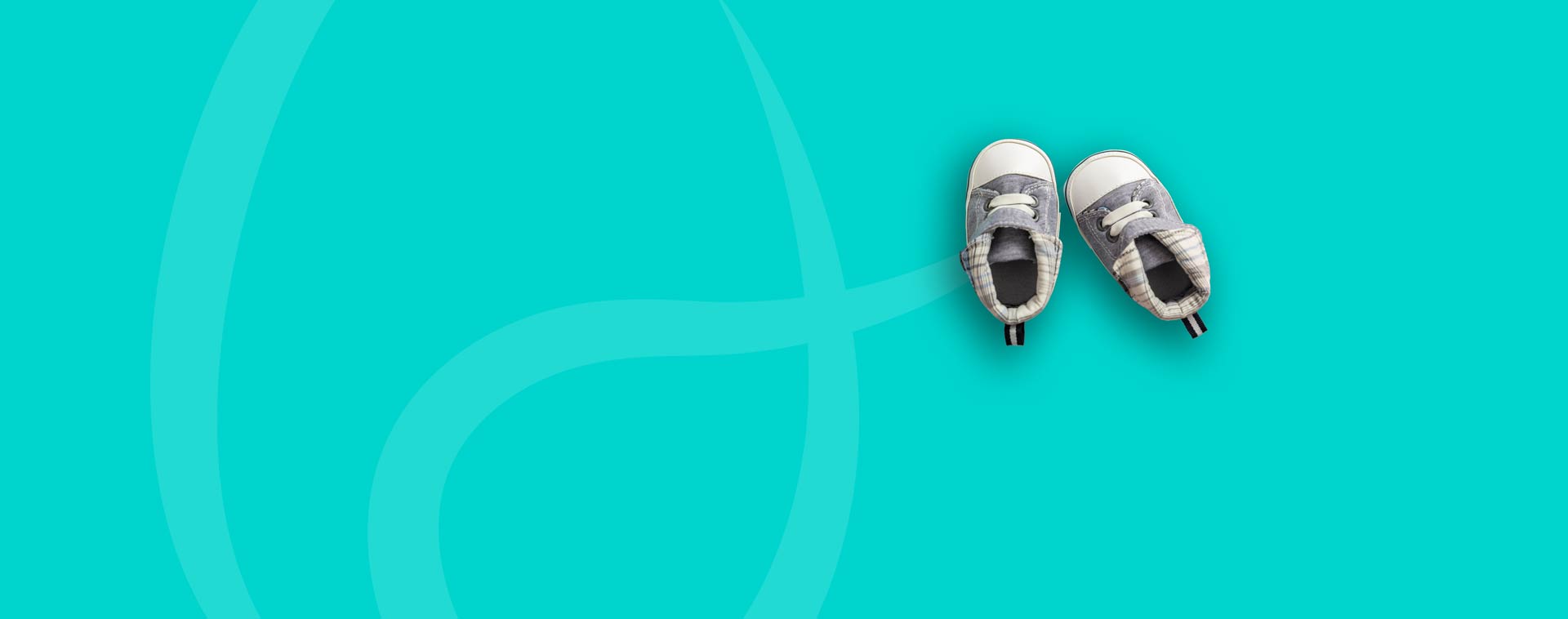
01 Mar As IVF Grows Popular South Asian Egg Donors Run Low
Did you know that Asian Americans use in-vitro fertilization more than any other group of individuals? But as South Asian egg donors run low, intended parents run into long wait times and disappointment.
In the US, a 2022 study pointed to a lack of Black and Asian American egg donors. A report found a similar trend, in part due to “cultural and/or religious beliefs and stigma around donation, particularly among South Asian communities.”
Seetal Savla and her husband had been trying to have children for years. But after three failed rounds of in-vitro fertilization (IVF), the couple was exhausted from getting their hopes up and “having their hearts broken,” she said. “I was very eager to explore this option,” Savla stated.
But the search would prove to be a difficult one. Savla said the lengthy wait for a South Asian egg donor — as long as two to three years — led her and her husband to rule it out completely. Why is this happening? Savla and her family are not alone in the frustration of finding an egg donor. Though she ultimately chose not to go with a South Asian egg donor for a variety of reasons, her plight spotlighted the severe shortage of South Asian eggs in Western markets. I
The Importance of Finding a South Asian Egg Donor
As more and more individuals try to conceive and face fertility issues, the demand for egg donors has increased. What is the importance in finding a South Asian egg donor? Sometimes searching for a South Asian egg donor is a way to ensure their culture is reflected in their children. For others, it might be to draw from a pool of educated women. As women look to complete their families, they instead find disappointment and drawn-out processes in an egg donation market that is mostly opaque and, despite FDA guidelines, is mostly unregulated.
One of the latest reports from the HFEA detailed that in the UK, between 2014 and 2018, 89 percent of egg donors were white, in comparison with 3 percent Black egg donors and 4 percent Asian egg donors. Therefore, eggs from white donors were the most commonly used across the majority of ethnic groups:
• 98% of cycles with a white patient use white donor eggs
• 59% of cycles with a mixed race patient use white donor eggs
• 52% of cycles with an Asian patient use white donor eggs
• 16% of IVF cycles for a black patient use white donor eggs
Why is there a shortage of BAME egg donors?
According to the HFEA, “These differences relate in part to cultural and/or religious beliefs and stigma around donation, particularly in South Asian communities, where the use of donor eggs or sperm can be a particularly sensitive issue”.
“Our patriarchal communities are extremely uncomfortable discussing fertility-related matters,” stated Seetal Seval. “For generations, South Asian women have been warned against talking about periods, miscarriage and infertility for fear of being shamed by others, i.e. being a dirty, faulty female. Another complication in India is that if a married woman wishes to donate her eggs, the law stipulates that she must obtain her husband’s permission. If he has a negative opinion of donation and is fearful of what others might think if the truth were uncovered, she would have no choice but to respect his decision.”
When it comes to the UK however, Seetal further believes the shortage of egg and sperm donors from South Asian backgrounds is due to a lack of awareness. Seetal and her family are not the only ones keen to raise awareness and erase taboos.
One of Altrui’s amazing egg donors asked us to share a project in 2019 calling for an end to the stigmas surrounding egg donation, infertility, and mental health in South Asian communities. We were, naturally, delighted to help – and would do the same for any positive story which helps to reduce the stigma.






